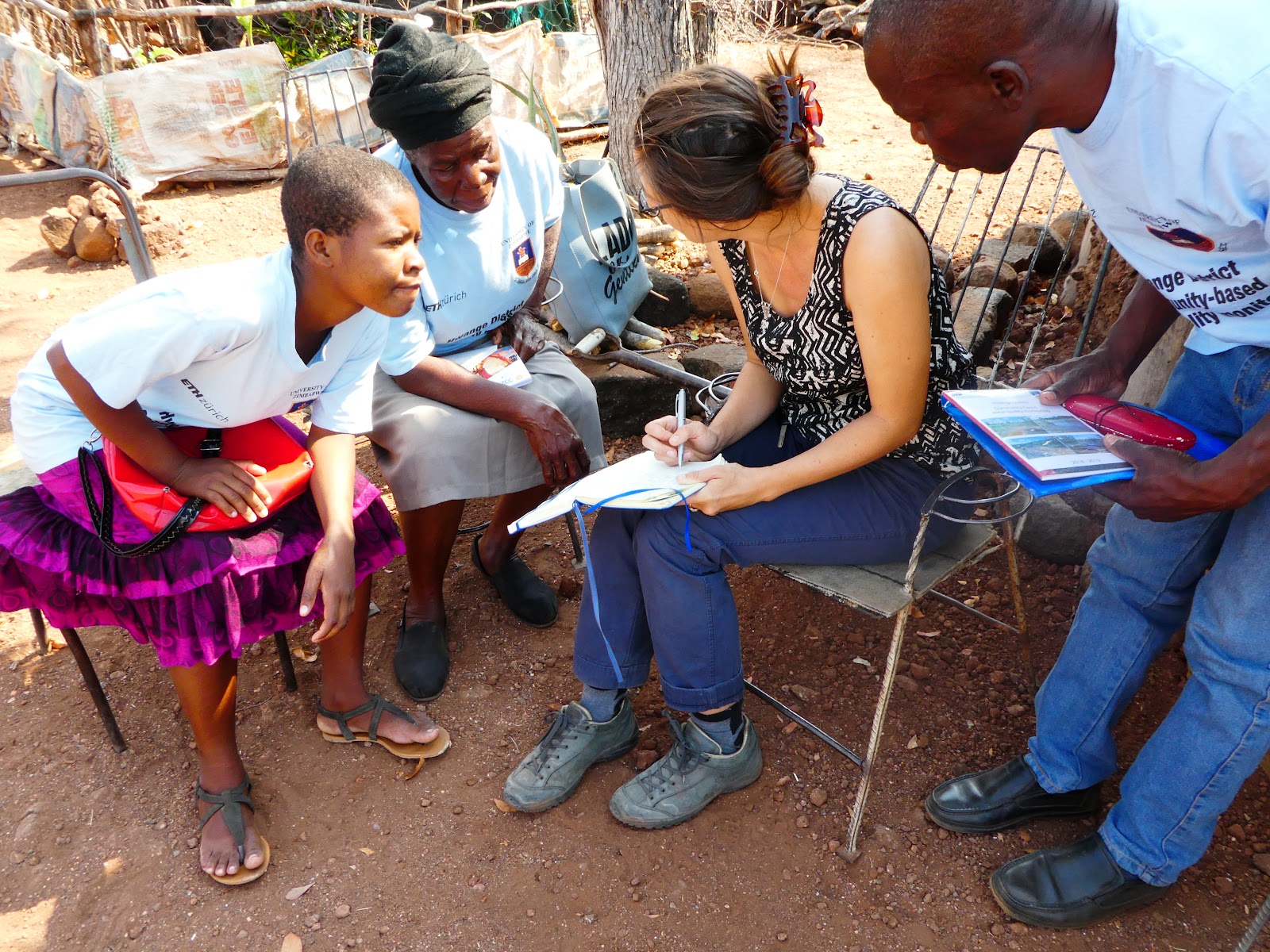Citizen Science to empower rural communities in mining areas
How powerful can scientific data be to unlock a trap of low accountability in the mining sector? An ETH study shows potential and limits of citizen science to promote social accountability for environmental pollution.

While citizen science is ubiquitous in developed countries it is hardly used in low-income countries. Researchers from ETH Zurich and University of Zimbabwe collaborated with community members in a mining area in rural Zimbabwe to identify the sources and the extent of water pollution that is threatening their livelihoods.
But how useful is the scientific data to influence the policy process around contested pollution in a politicized context in the Global South? Désirée Ruppen from ISTP and Fritz Brugger from NADEL found that the scientific data was actionable for the rural community members with low educational levels, that it helped them to empower themselves towards local powerholders and allowed them to strengthen their advocacy for a cleaner environment.
“Empowerment vis-à-vis local power structures was the most promising outcome of our study”, says Fritz Brugger from NADEL. The results also demonstrated the limitations of local engagement in a setting where mining is politically captured. The study further revealed why corporate governance regimes have not been successful in advancing environmental management.
Read the article external page “I will sample until things get better – or until I die” published in World Development